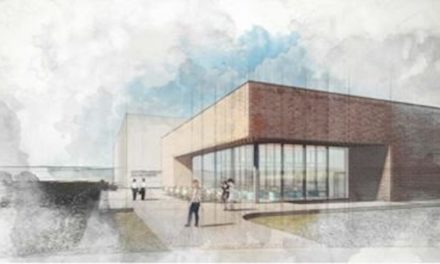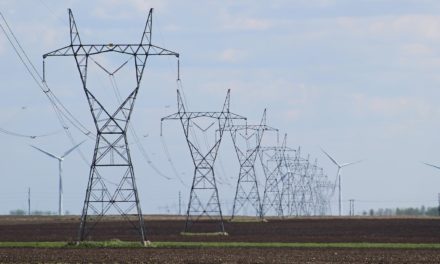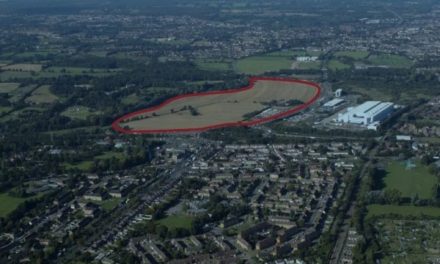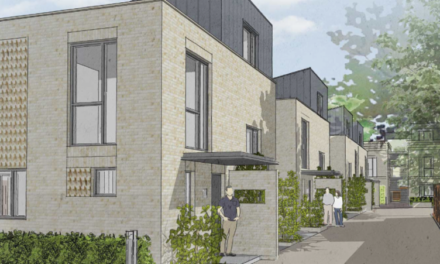Much has been made in recent weeks of the birth of the online planning committee and the success of Local Authorities in working with their elected members to maintain momentum in the planning process. This is to be welcomed and celebrated – the benefits could be considerable.
Putting aside the occasional technical glitch, we have witnessed the benefit of the virtual planning committee with a number of planning applications having recently been approved. But is this convenient and sustainable solution the panacea we have all unwittingly been waiting for?
The virtual world has its own etiquette and behaviours. From our own experience of presenting to ‘invisible’ audiences, we have experienced first-hand the disconnect that can happen online that is only too apparent in some of the discourse around the social media phenomenon. With social distancing, our physical worlds have inevitably shrunk and one can often feel removed from the bigger picture. As a result, it is not always easy to feel connected and accountable to our online selves operating well beyond the confines of our home offices. Perhaps our decision-takers feel this too.
Our elected Members may perceive this virtual world as liberating, an opportunity to be bolder in their decision-making without being confronted by the physical presence of their emotionally charged constituents. But what does this mean for accountability and democracy? On the one hand, it could redress the power imbalance from the vocal minority to the silent majority. But does this mean our politicians are now one step removed from the public they serve, making it harder for constituents to influence and hold their elected members to account? Any empowerment of members needs to be carefully balanced against ensuring an appropriate degree of ‘connectedness’, keeping them accountable to their role, their officers and constituents.
Perhaps understandably, officers remain cautious about having key debates about the direction of a plan or a key planning application online where the ability to manage the discussion is more limited. This has been further reinforced by the large number of local plans that have been falling foul of the inspectorate due to the process undertaken. Effective relationships between planning officers and elected members is a core part of successful planning outcomes. On the larger schemes, officers are likely to have invested in many months if not years of work to achieve a recommendation they are comfortable with. If this was a controversial proposal, how might they perceive the margins playing out in an online committee verses the fully accountable theatre of the Committee chamber? Ensuring that officers are still able to provide their technical expertise to decision-making must remain central to the process in the virtual world.
The presence of virtual committee meetings reminds us of the situation we are grappling with. The opportunities for accelerating our climate strategy, reducing traffic on our roads and improving our quality of life are regular topics of conversation at home and across the fibre optics. This will inevitably become an increasingly larger part of our planning consciousness, influencing our planning proposals and the decisions we collectively make as a society. Effective articulation and communication is of course vital to help our communities, decision makers and politicians to understand and buy into our visions for the future. Perhaps our pre-occupation with the format of the final decision-making event is misguided. The real opportunity instead lies in how this technological advancement can be used to far greater effect in communicating and engaging our vision and gaining support early on. This could just give the virtual committee an efficiency and permanence that will benefit us all.
By the Barton Willmore Cambridge Office













